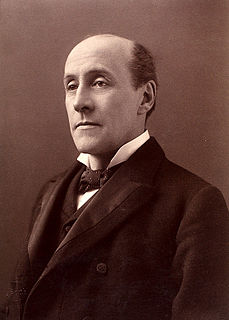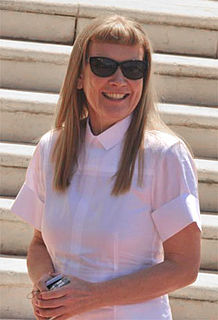A Quote by Michel de Montaigne
I leaf through books, I do not study them. What I retain of them is something I no longer recognize as anyone else's.
Related Quotes
If you are resolutely determined to make a lawyer of yourself, the thing is more than half done already. It is but a small matter whether you read with anyone or not. I did not read with anyone. Get the books, and read and study them till you understand them in their principal features; and that is the main thing. It is of no consequence to be in a large town while you are reading. I read at New Salem, which never had three hundred people living in it. The books, and your capacity for understanding them, are just the same in all places.
For me, language is a freedom. As soon as you have found the words with which to express something, you are no longer incoherent, you are no longer trapped by your own emotions, by your own experiences; you can describe them, you can tell them, you can bring them out of yourself and give them to somebody else. That is an enormously liberating experience.
In the deep, unwritten wisdom of life there are many things to be learned that cannot be taught. We never know them by hearing them spoken, but we grow into them by experience and recognize them through understanding. Understanding is a great experience in itself, but it does not come through instruction.
I feel like I'm a compassionate guy, but I also feel if somebody's grip on life or sanity is so tenuous that a joke in an advice column that usually is nothing but jokes pushes them over the edge, then if not me, it would have been a leaf blowing past them that did it, or something else. You almost have to feel that way, doing this.
At your worst point, the quickest way to move through it is to be a contribution as opposed to focusing on your problems. If you focus on your problems and keep giving them attention, they're going to grow. If you ignore them and do something else - I don't mean act like they're not here - but do something meaningful, it helps you work through it.
Today, financial capital is no longer the key asset. It is human capital. Success is no longer about economic competence as the main leverage. It is about emotional intelligence. It is no longer about controls. It is about collaboration. It is no longer about hierarchies. It is about leading through networks. It is no longer about aligning people through structures and spreadsheets. It is about aligning them through meaning and purpose. It is no longer about developing followers. It is about developing leaders.
To the great tree-loving fraternity we belong. We love trees with universal and unfeigned love, and all things that do grow under them or around them - the whole leaf and root tribe. Not alone when they are in their glory, but in whatever state they are - in leaf, or rimed with frost, or powdered with snow, or crystal-sheathed in ice, or in severe outline stripped and bare against a November sky - we love them.










































